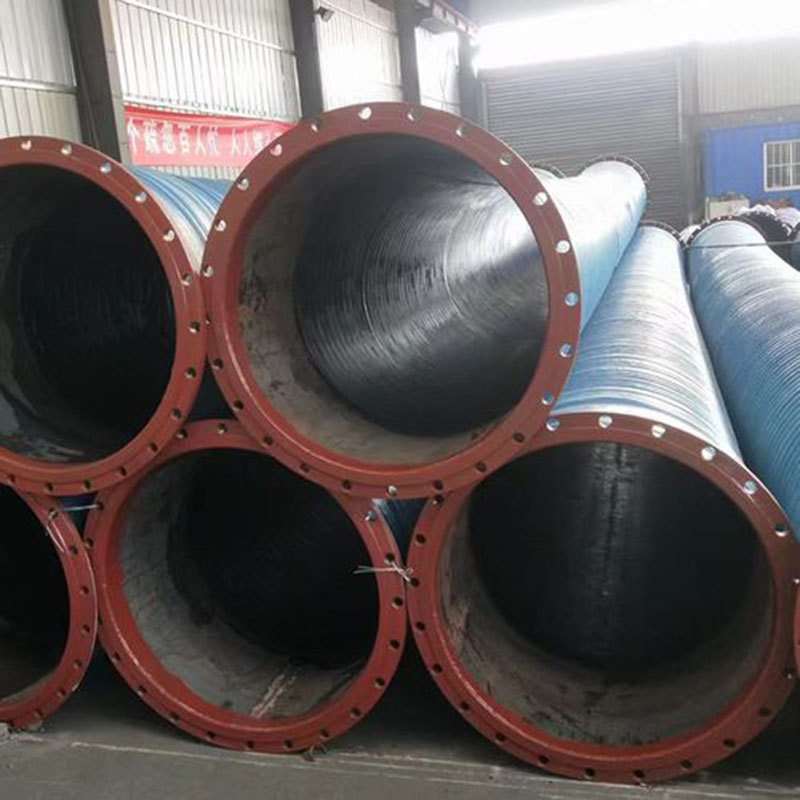The Art of Flexibility: Materials in the Construction of Soft Bellows for Expansion Connections
2023-11-21
Introduction:
In the world of industrial engineering, where flexibility is a prized virtue, the soft bellow expansion connection stands as a testament to the ingenuity of material science. These flexible joints are crucial components in piping and ducting systems, designed to absorb dynamic movements and ensure the smooth operation of industrial infrastructure. The choice of materials in the construction of soft bellows is a critical consideration, influencing their durability, flexibility, and performance in diverse operating conditions.
Common Materials in Soft Bellow Construction:
1. Stainless Steel:
- Stainless steel is a stalwart choice for soft bellow construction due to its exceptional corrosion resistance. This is particularly advantageous in industrial environments where exposure to corrosive substances is a concern. Stainless steel soft bellows are known for their longevity and ability to withstand harsh conditions.
2. High-Nickel Alloys:
- Alloys with a high nickel content, such as Inconel, Monel, and Hastelloy, are popular choices for soft bellow construction. These alloys exhibit excellent resistance to corrosion, oxidation, and high-temperature environments, making them ideal for applications where durability and performance under extreme conditions are paramount.
3. Elastomers:
- In certain applications, soft bellows incorporate elastomeric materials, such as rubber or neoprene, to enhance flexibility. Elastomers provide excellent resilience and allow the soft bellows to absorb a wide range of movements. They are often used in situations where dampening vibrations is a key requirement.
4. Titanium:
- Titanium, known for its high strength-to-weight ratio and corrosion resistance, finds application in soft bellow construction for specific industrial needs. While titanium soft bellows may be less common, their use is justified in situations where weight reduction and resistance to aggressive environments are critical.
5. Carbon Steel:
- Carbon steel is chosen for soft bellow construction when cost-effectiveness and moderate corrosion resistance are essential considerations. While not as corrosion-resistant as stainless steel or high-nickel alloys, carbon steel soft bellows can still offer robust performance in many industrial settings.
Why These Materials?
1. Corrosion Resistance:
- Industrial environments often expose equipment to corrosive substances. Stainless steel and high-nickel alloys excel in resisting corrosion, ensuring the longevity of soft bellows in challenging conditions.
2. Temperature Stability:
- Soft bellows must maintain their integrity across a spectrum of temperatures. Materials like high-nickel alloys and titanium can withstand extreme heat, making them suitable for applications where temperature fluctuations are significant.
3. Flexibility and Resilience:
- Elastomers, such as rubber, contribute to the flexibility and resilience of soft bellows. These materials allow the bellows to absorb movements without compromising their structural integrity.
4. Weight Considerations:
- In situations where weight is a critical factor, titanium emerges as a suitable choice due to its lightweight yet durable nature.
Conclusion:
The construction of soft bellows for expansion connections is a delicate balance of material science and engineering expertise. The careful selection of materials, guided by considerations of corrosion resistance, temperature stability, flexibility, and cost-effectiveness, ensures that soft bellows perform their vital role in industrial piping and ducting systems with reliability and longevity. As industries continue to evolve, the art of flexibility in material selection remains a cornerstone in the design and implementation of resilient and efficient industrial infrastructure.



